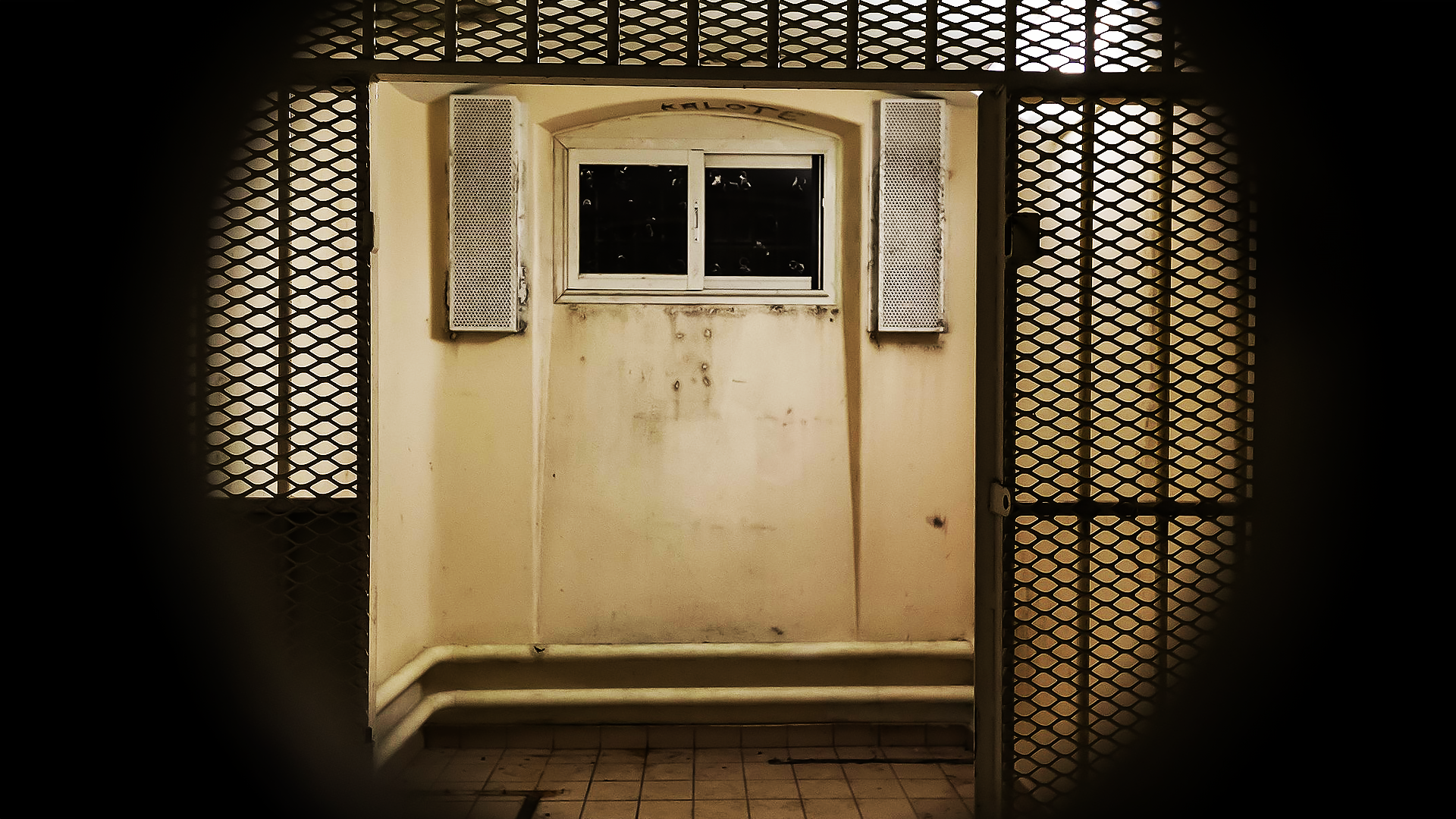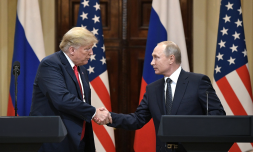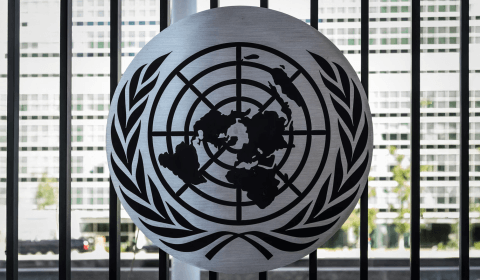The revival of punitive psychiatry in Russia signals a disturbing return to a Soviet-era practice, wherein psychiatric diagnoses are once again being used as a tool to suppress voices of opposition.
Punitive psychology has seemingly made its way back to Russia and is being used against those who are going against President Vladimir Putin’s government.
With the ongoing war against Ukraine, more Russian citizens are opposing their nation’s contentious actions, some arguably amounting to war crimes. Unsurprisingly, the Kremlin doesn’t appreciate the influx of criticism being directed its way.
On the contrary, it has now turned to the Soviet-era technique of punitive psychology to silence so-called ‘dissenters’.
What is punitive psychiatry?
A form of abuse, punitive psychiatry refers to psychiatric practices that are misused to suppress political dissent, essentially violating human rights. The use of this has been observed mostly within totalitarian regimes to silence any opposition to the government and enforce pseudo-norms.
It is usually done by labeling dissidents with psychiatric conditions such as schizophrenia without any genuine medical basis, thereby, discrediting their activities and undermining their credibility.
Moreover, certain individuals are involuntarily committed to psychiatric institutions where they are likely to undergo coercive treatments of both a chemical and physical nature.
After World War 2, in 1948, the Soviet secret service began to take an interest in psychiatry as a tool of repression. By the 1960s, psychiatric hospitals were increasingly used to isolate any individual who went against the government, with hospitals like the Psychiatric Prison Hospital in Kazan being used to detain dissidents.
A network of such hospitals was proposed to detain and ‘treat’ critics, further institutionalizing punitive psychology. To make matters worse, laws such as Article 70 (‘Anti-Soviet agitation and propaganda’) and Article 190-1 (‘Dissemination of fabrications known to be false’) were enacted to justify the government’s detention of dissidents.




















